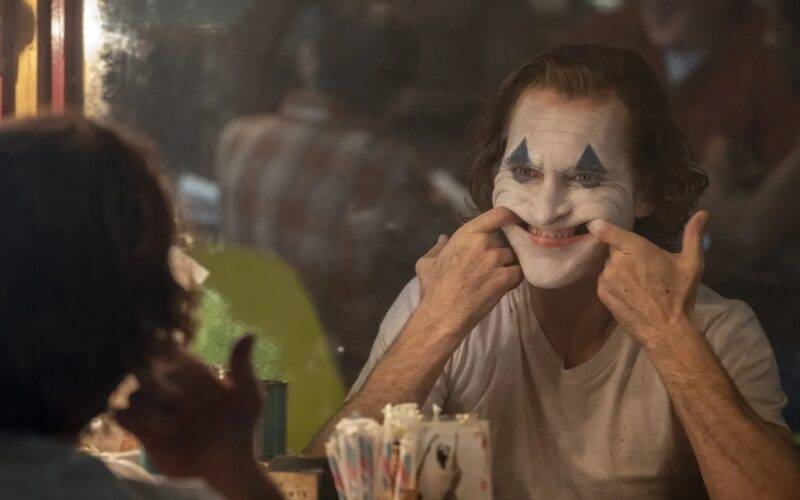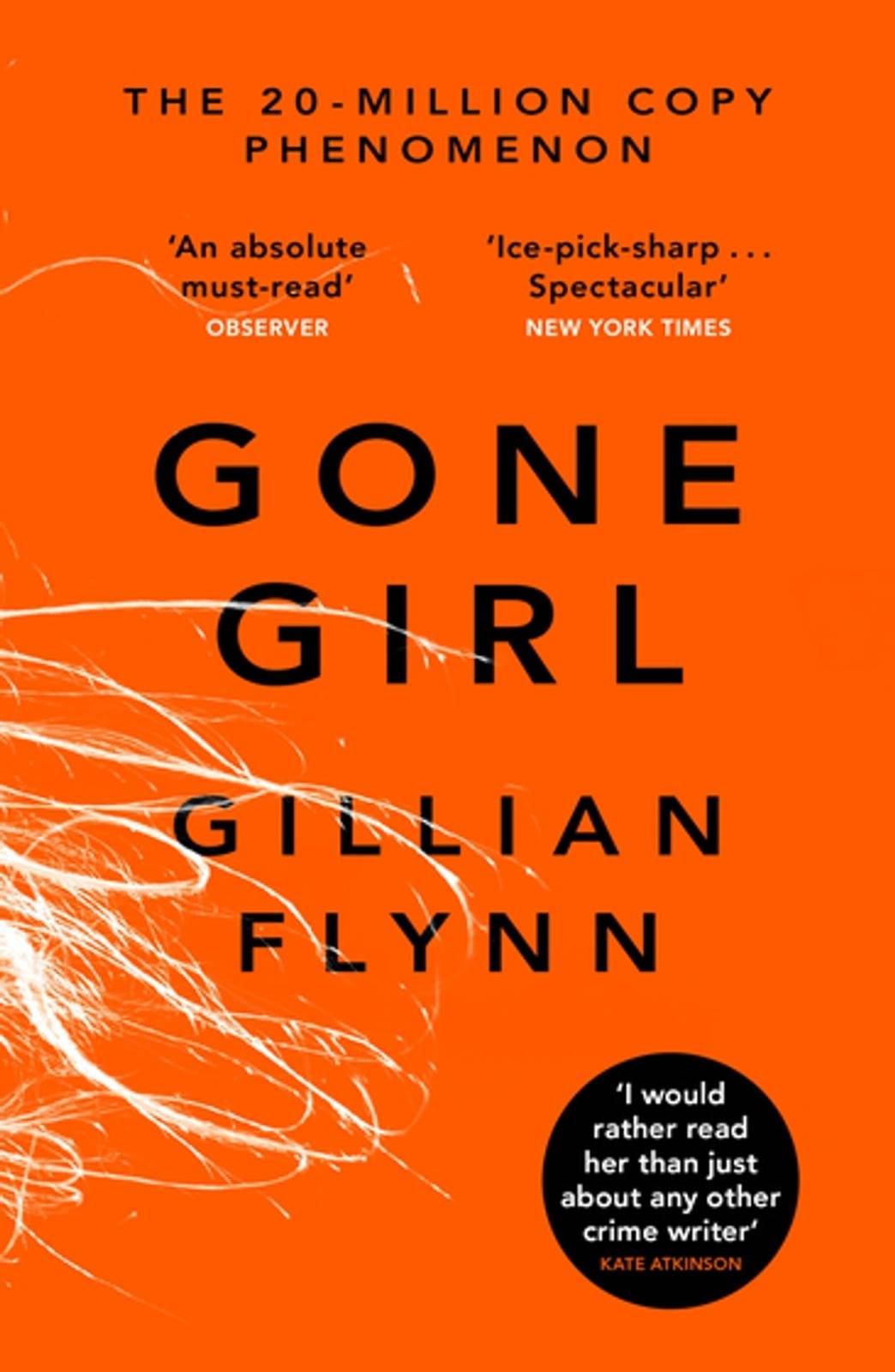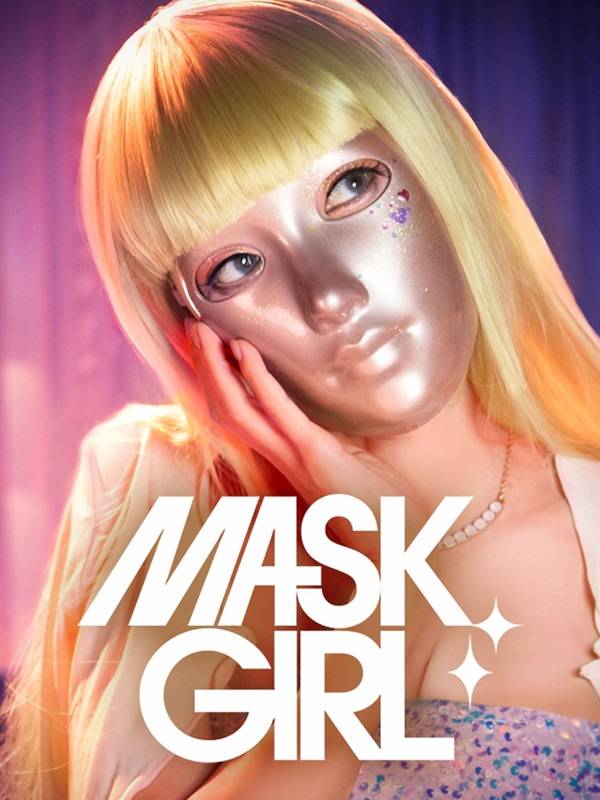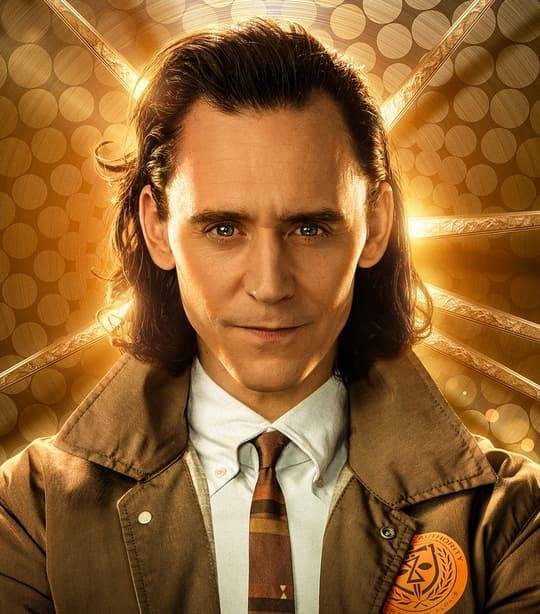Heroes are not always saints, and villains are not always pure evil. While villains and anti-heroes often get a bad rap, the truth is, without them, many stories would fall flat.
In fact, sometimes, these morally ambiguous characters steal the spotlight. Characters like Loki from the Marvel universe or Walter White from “Breaking Bad” often steal the show, overshadowing the heroes with their depth and charisma. Compelling anti-heroes can transform a good story into a great one. They challenge our perceptions of good and evil, right and wrong, making us question our own values and beliefs. They don’t just make the story interesting—they become the heart of it.
An anti-hero is a protagonist who lacks traditional heroic qualities such as idealism, courage, or morality. They often possess characteristics that are morally ambiguous or even negative, such as selfishness, cynicism, or a lack of conventional heroic traits. Despite these flaws, anti-heroes may still act in ways that benefit others or achieve heroic goals, albeit through unconventional or morally questionable means.
Lately, anti-heroes are stealing the spotlight, captivating audiences with their gritty realism and moral ambiguity. Take Amy Dunne from “Gone Girl,” whose calculated manipulation keeps readers on edge, or the haunting portrayal of “Joaquin Phoenix” in “Joker,” delving deep into the psyche of a complex antagonist-turned-protagonist.
This trend isn’t just a narrative choice; it’s backed by hard numbers. Shows featuring morally gray characters are consistently outperforming traditional hero tales in viewership and critical acclaim. It’s no wonder recent releases like “The Mask Girl” and “Animal” have gained traction, pushing boundaries and challenging societal norms through their flawed yet compelling protagonists.
Audiences are drawn to anti-heroes because they reflect our own internal struggles and contradictions. Unlike flawless heroes, these characters wrestle with personal demons, making their journeys relatable and human. As a result, more filmmakers and authors are boldly centering their narratives around anti-heroes, creating stories that resonate with a craving for authenticity and depth in storytelling.
Heroes, like Superman or Harry Potter, are the ones we root for—they’re brave, selfless, and always stand up for what’s right. They inspire us with their noble actions and unwavering moral compass. Characters like Walter White or Deadpool—they’re not your typical good guys. They’ve got flaws, sure, maybe even a dark side, but that’s what makes them fascinating. They blur the line between right and wrong, often doing good things in ways that make us question our own values.
And then there are villains. Darth Vader, Cersei Lannister—they’re the ones who give heroes a run for their money. They’re driven by selfishness, power, and a total disregard for anyone standing in their way.
Each of these characters brings something different to the table, showing us shades of morality and human nature that are as complex as they are compelling. It’s no wonder we’re drawn to stories that explore these depths—they challenge us to think beyond the black-and-white.
Readers and audiences are drawn to anti-heroes because they live in the grey areas of morality, challenging our perceptions of right and wrong. These characters often have complex backgrounds and painful histories that shape their motivations and actions.
Their morally ambiguous behavior stems from a deep-seated sense of injustice or personal trauma. While their methods may appear morally questionable, their intentions are often driven by a desire to right perceived wrongs or achieve justice in their own unconventional way.
Despite their outward cynicism or rough demeanor, many anti-heroes possess a hidden nobility. They may not always follow the rules or adhere to traditional heroic standards, but at their core, they don’t wish harm on innocent people. Instead, they channel their anger and unconventional tactics towards what they believe is a greater good or a necessary outcome.
This inner conflict and moral complexity make anti-heroes compelling and relatable. They force us to question our own moral compass and empathize with characters who navigate a world where right and wrong aren’t always clear-cut.
Authors and creators face a delicate balancing act when crafting anti-hero characters, navigating the fine line between moral ambiguity and ethical boundaries. Here are key considerations to practice caution:
- Character Consistency: Maintain consistency in the anti-hero’s motivations and actions to ensure they remain believable and relatable. Their moral compromises should stem from understandable, if not justifiable, reasons rooted in their backstory or worldview.
- Ethical Consequences: Portray the repercussions of the anti-hero’s choices realistically. Show how their morally ambiguous actions affect others and the world around them, highlighting the complexity and consequences of their decisions.
- Redemption vs. Justification: Avoid romanticizing or justifying immoral behavior solely for the sake of character development. While anti-heroes may seek redemption or justify their actions, their moral journey should not dismiss the harm caused or condone unethical behavior.
- Narrative Context: Place the anti-hero’s actions within a broader narrative context that explores moral dilemmas and challenges societal norms. Use their character arc to delve into themes of redemption, justice, and the human condition without oversimplifying moral complexity.
Ultimately, authors and creators have to maintain the integrity of their anti-hero characters while engaging audiences in thought-provoking explorations of morality and ethics to ensure anti-heroes remain compelling figures.
Are Anti-heroes Good or Bad?
Anti-heroes defy easy categorization as either purely good or bad; they inhabit a morally ambiguous space that challenges our black-and-white view of morality. Take Walter White from “Breaking Bad,” for instance. He starts as a sympathetic character driven by a desire to provide for his family after a terminal cancer diagnosis. However, as he delves deeper into the drug trade, he makes increasingly morally questionable choices, leading to devastating consequences for those around him.
What makes anti-heroes intriguing is their complexity. They often possess admirable qualities like intelligence, resilience, or a sense of justice, yet these virtues are tempered by flaws such as selfishness, cynicism, or a willingness to compromise ethical principles. These characters confront us with uncomfortable truths about human nature—they show that good intentions can lead to dark paths, and that even the most flawed individuals can exhibit moments of heroism or selflessness.
Characters like Walter White from “Breaking Bad” or Dexter Morgan from “Dexter” draw us in with their flawed yet compelling personas, navigating moral dilemmas that resonate with real-world uncertainties. These characters resonate because they reflect our own inner conflicts and contradictions. By exploring their motivations and inner struggles, audiences develop empathy and understanding for the complexities of ethical decision-making. Moreover, anti-heroes provoke introspection and debate. Their actions force us to question societal norms and ponder the consequences of moral compromises.
The line between good and evil is often blurred for anti-heroes, as they navigate moral grey areas that challenge conventional distinctions. What distinguishes them from traditional heroes or villains is their willingness to cross ethical boundaries in pursuit of their goals. However, how far they can go before being labeled definitively good or bad depends on individual perspectives and the context of their actions within a narrative.
For anti-heroes, actions driven by noble intentions, such as seeking justice or protecting loved ones, may justify morally questionable methods. Yet, when their actions cause unnecessary harm or betray fundamental ethical principles, they risk being perceived as morally reprehensible.
In contrast, traditional heroes can sometimes feel distant or unattainable. Their flawless personas and predictable moral choices, while inspiring, may not resonate as deeply on an emotional level. Anti-heroes, on the other hand, invite us to explore the darker aspects of humanity with a degree of honesty and vulnerability that makes their stories compelling and emotionally resonant.




